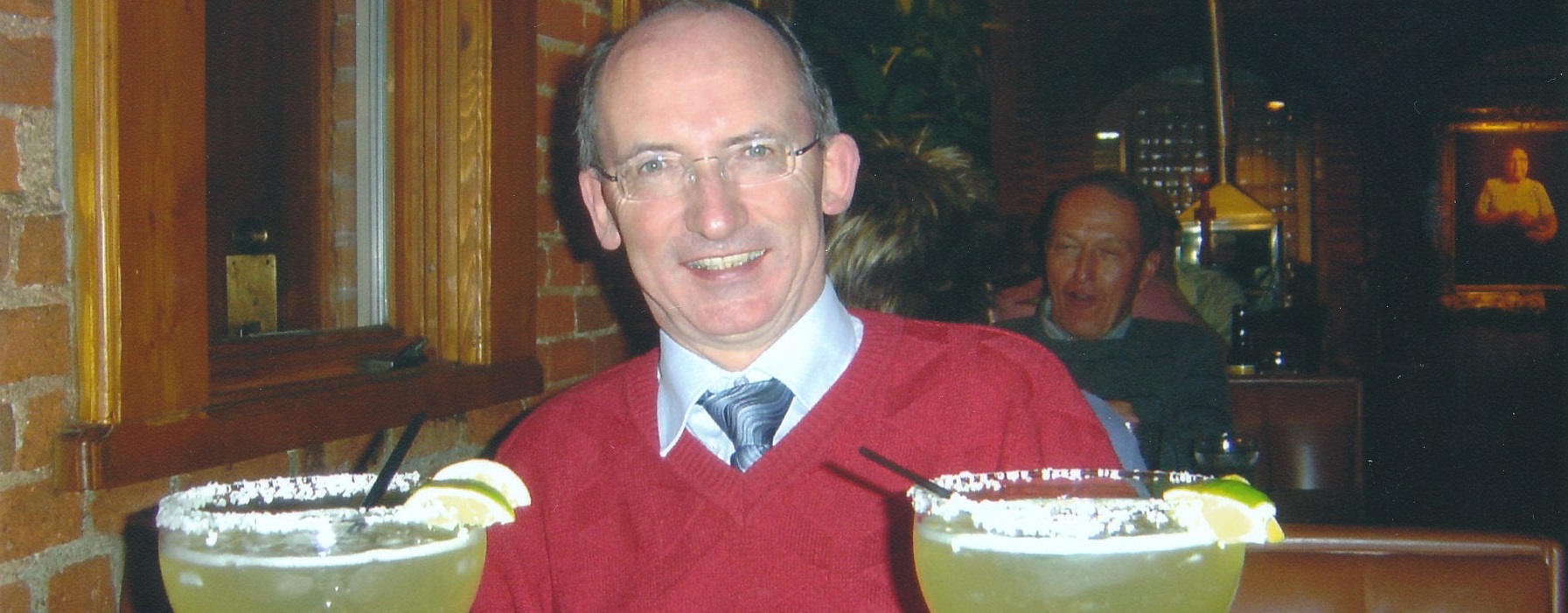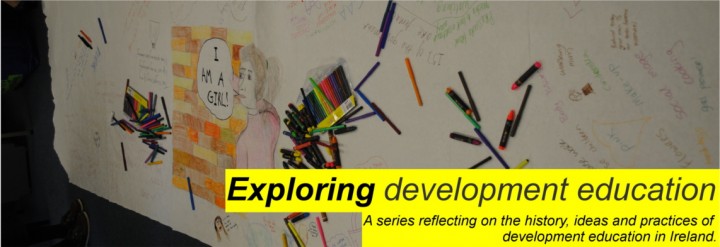Peadar Cremin – teacher, lecturer in education; professor, college president, curriculum developer, activist, colleague and close friend sadly died on November 30th last year. As a tribute to him and his work in development education and related areas, we are publishing four blogs –the first blog on Peadar as a development education pioneer by Colm Regan, a reflection by Roland Tormey on understanding Peadar, a third comprising tributes from friends and colleagues and a fourth on Peadar ‘in his own words’ by Tony Daly.
………………………………………………………………………………………………………………..
I think that to understand Peadar it is necessary to understand three things.
First, his vocation was as a teacher. For others, being a teacher might a job, but for Peadar it was a vocation, a calling. It wasn’t just something you did, it was something you are. Nor was he just any kind of teacher, he was the highest form of teacher: a primary teacher.
He often said that primary teaching is the most complicated job on earth. A teacher has to relate to thirty young people at the same time, manage their relationships with each other, help them to deal with frustration, enjoyment, sadness and fun, enable them to develop new abilities, while all the time letting them know that they are cared for. Others could scoff at the idea, but he was clear that there was no more complex job, and no higher calling. Being a primary school teacher meant being the best person that a person could be.
His particular calling was to build a place and a team that could help students to be the best person they could be. That was probably why, when people first arrived in Mary Immaculate College, he would tell them, without any hint of irony, “Welcome to Paradise”.
The second thing to understand is that he saw his role as being to leave the world a better place than he found it. He had many causes: science education in East Africa, development education and environmental education in Ireland, tackling educational disadvantage and social exclusion in Limerick, and building the campus in Mary Immaculate College so that the physical buildings were fit to stand alongside the spirit of the institution.
And that work has left a legacy: an obvious one in the buildings on campus and in a primary curriculum which was changed in social, personal and health education and in geography because of the innovations that he helped build in the Curriculum Development Unit. But beyond that, a human legacy: in the teachers who travelled to Africa and who today teach kids how to make a difference in the world because they in turn were taught by the team that Peadar put in place.
He often said that being a teacher means throwing a stone in a pond: the ripples spread out across time and space and the people you change bring those changes into their lives and continue to live them.
“The people you teach today will be teachers for another forty years, and the students they teach in forty years will live eighty, maybe a hundred years beyond that”, he would say. “You never know how far into the future these ripples will reach”.
His ripples will continue across the pond for many, many years to come.
The third thing is that all of the noble intent and passion would have meant little if he did not have political intelligence, energy and will to succeed. He was an incredibly political animal.
If he wanted to slip something through a meeting it might appear near the bottom of the agenda and would slide through unnoticed when people had blown themselves out arguing about other points higher up on the order of business. If he thought it was necessary to throw one project to the wolves in order to get a more important one through, he would do so with little hesitation.
And he was acutely aware of the politics of appearances: “Never apologize”, he told me once, knowing that it created an impression of weakness that could be exploited by others. And that political intelligence meant that he had great career success and used that success to build achievements.
His goal was to leave the world a richer place than he found it. He loved doing that. And he was exceptionally good at it.
…………………………………………………………………………………………………………………
This blog joins a series of blogs reflecting on the history, ideas, people and practices of development education in Ireland.


